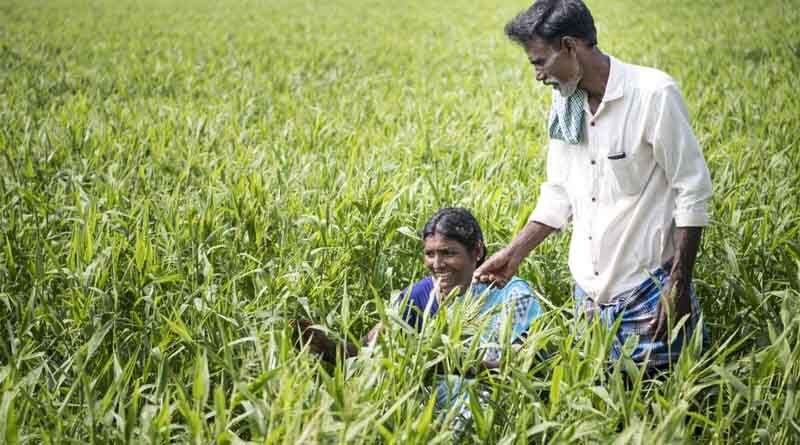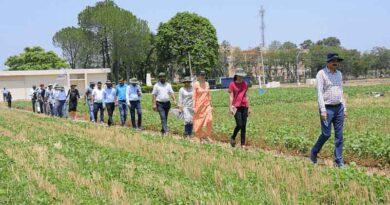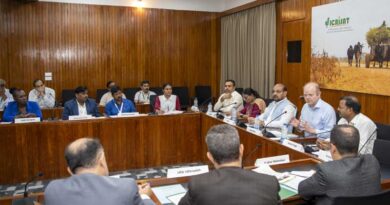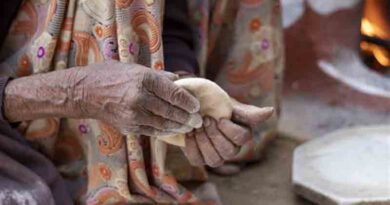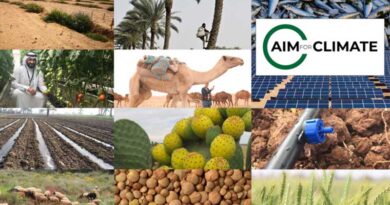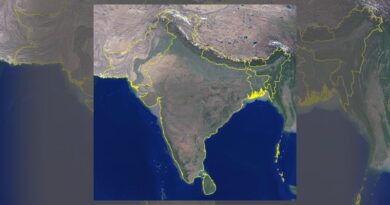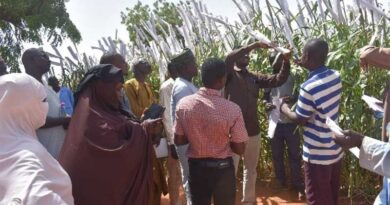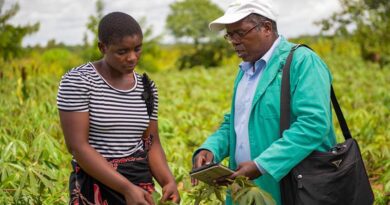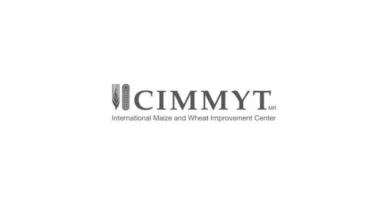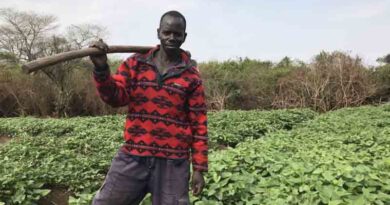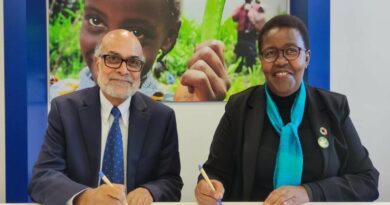Equipping researchers on farming systems design towards zero hunger, zero carbon
01 December 2022, Asia: ICRISAT in collaboration with CIMMYT and ICAR hosted a five-day international training workshop from 8-12 November 2022 where 22 participants from South Asia learnt about various models and tools that aid in designing climate-smart farming systems.
Demand for staple crops in South Asia is expected to increase by 70% by 2030 while resource degradation and climate-based production risks jeopardize current levels of productivity. This requires a redoubled focus on farming systems approaches and innovations that are climate resilient, regenerative, profitable and nutrition sensitive.
At the training program at ICRISAT, participants were trained on farming models and tools such as integrated analysis tool (IAT), Agricultural Production Systems sIMulator (APSIM), Decision Support System for Agrotechnology Transfer (DSSAT), FarmDESIGN, Crop Livestock Enterprise Model (CLEM) among many others.
Dr Sieg Snapp, Director Sustainable Agrifood System Program, CIMMYT, Mexico spoke on co-designing resilient farming and food systems and technologies with the farmers.
“Digital information and communications technologies are needed to empower farmers and communities to innovate, improve science and advise through open data for sustainable agri-food systems,” said Dr Snapp.
Eight training sessions were held on systems analysis, farming system typologies, toolbox for designing sustainable farming systems and farming systems towards net zero carbon and nutrition.
Dr ML Jat, Research Program Director – Resilient Farm and Food Systems, ICRISAT, spoke on carbon emissions in South Asia and management practices that can enhance carbon sequestration and reduce GHG emissions in agriculture. Presenting a case study from Bundelkhand, he explained how practices such as rainwater harvesting could impact the cropping pattern and intensification.
Participants shared and explored the main technical aspects on the implementation of different farming system design tools/models.
“I was able to somewhat connect the dots on what the bigger picture looked like. Starting from data to characterization of farming system through typologies, and then moving on to feed this data into different models to design an effective system,” said Dr Saral Karki, Data Specialist from CIMMYT, Nepal.
The training program mainstreamed science-based approaches for farming systems analysis and design in South Asia. Participants sought independent training programs on each of the models and tools.
“The content of the training program was truly meeting the objectives. Detailed hands-on training was given for Typology analysis and FarmDesign with introduction of other tools for Farming System Design. Separate in-depth training programs for other tools (IAT, Whole Farm, APSIM, CLEM, etc.) would really help,” said Dr PC Ghasal, Scientist (Agronomy), ICAR.
Scientists and researchers from Nepal Agricultural Research Council, Bangladesh Agricultural Research Institute, Indian Council of Agricultural Research, CIMMYT, Borlaug Institute for South Asia, International Rice Research Institute, Bangladesh, and the International Water Management Institute, Nepal, Dr Reddy’s Foundation among others participated in the training program.
Also Read: Best Agrolife launches Two Indigenously Manufactured CTPR Products
(For Latest Agriculture News & Updates, follow Krishak Jagat on Google News)

